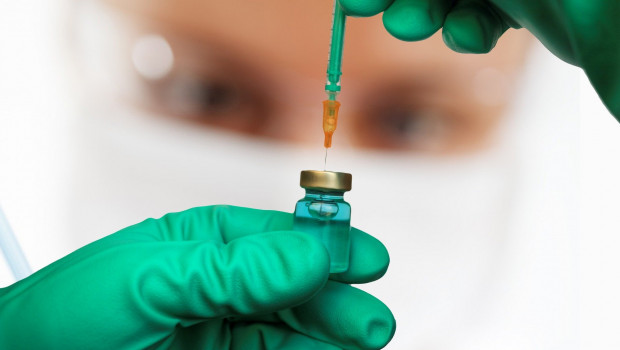Experts debate potential impact of BA.2 'stealth Omicron' subvariant on pandemic

Experts continued to debate to what extent so-called 'stealth Omicron', the subvariant of its namesake strain of Covid-19, would lead to another peak in infections.
BIONTECH SP ADS
$115.64
13:00 03/06/25
MODERNA
$27.81
13:09 03/06/25
Pfizer Inc.
$23.35
11:04 03/06/25
Nonetheless, the expert who first detected Omicron, Tulio de Oliveira, pointed out how infections had continued to decline in South Africa even as the subvariant, known as BA.2, as opposed tto its forebear, BA.1, had become more common.
In remarks to STATNews, De Oliveira, who worked at South Africa's Centre for Epidemic Response and Innovation, said: "Increasing prevalence of a variant with decreasing number of infections, hospitalizations, and deaths is very different than increasing prevalence of a variant with increasing number of infections, hospitalizations, and deaths."
STATNews pointed out the possibility that the impact of BA.2 on the pandemic might differ from one country to the next depending on at which point each was in the Omicron wave.
"In a place like the United States, which still has a ways to go to reach its pre-Omicron case counts, the burgeoning BA.2 variant could perhaps prolong that descent. Other countries that were closer to pre-Omicron baselines could see an uptick, or a stubborn plateau."
Regarding the effectiveness of vaccines against BA.1 and BA.2, most reports and experts said that they appeared to be similar.
However, in a report published on 27 January, the UK Health Security Agency said that initial results showed that after two vaccine doses, effectiveness was 9% and 13%, for BA.1 and BA.2, respectively after 25-plus weeks.
Those percentages increased to 63% for BA.1 and 70% for BA.2 from 2 weeks following a booster vaccine, UKHSA said.
On their relative transmissibility, the most often cited result was from Danish researchers at the Statens Serum Institut (SSI), according to whom BA.2 might be 1.5 times more infectious than BA.1.
Also in question, was to what extent those infected with BA.1 were at risk from re-infection with BA.2.
Bloomberg cited research showing that mild infection with either Omicron strain may not provide a "robust enough" immune response to protect against re-infection with the other.